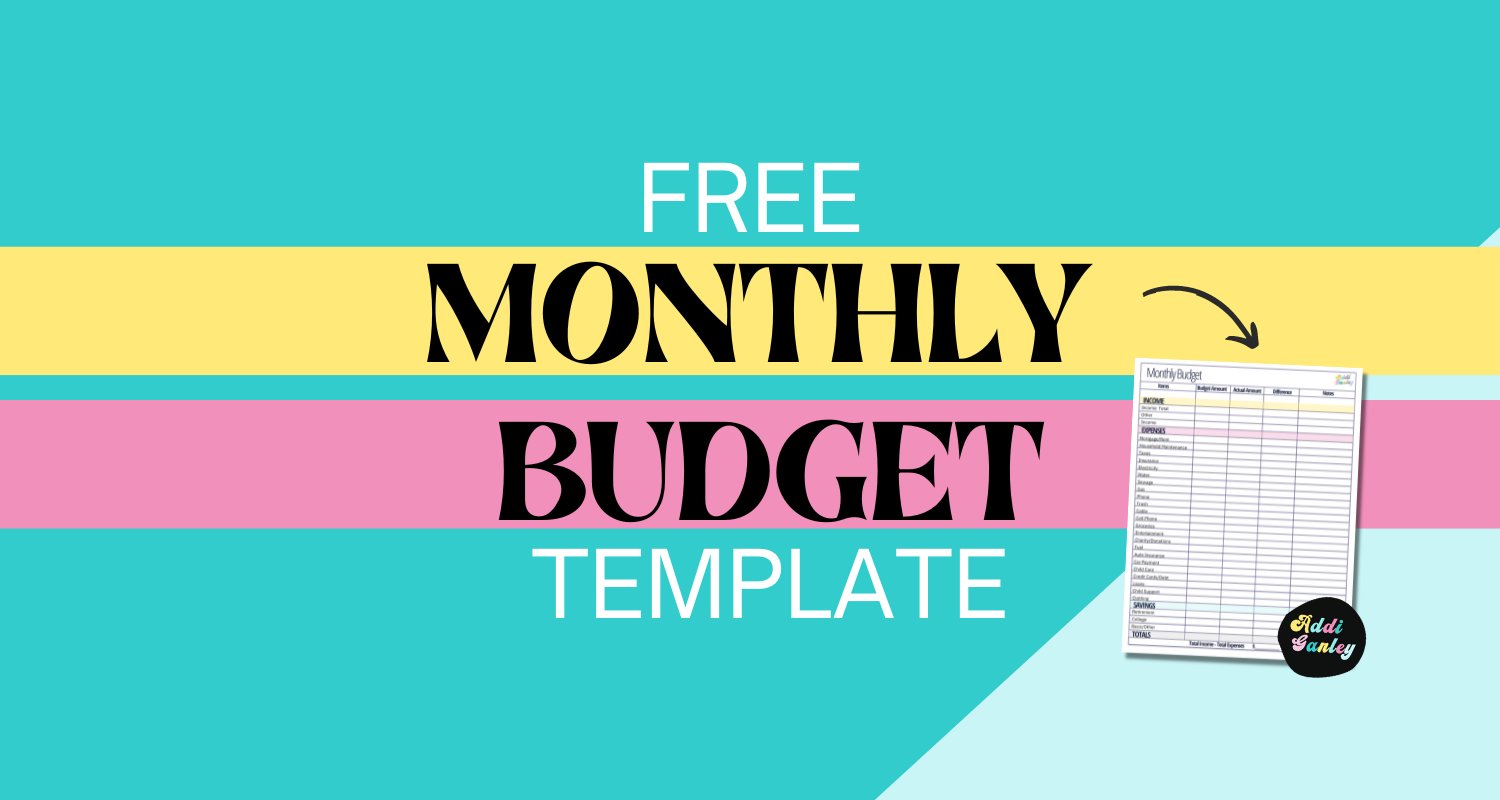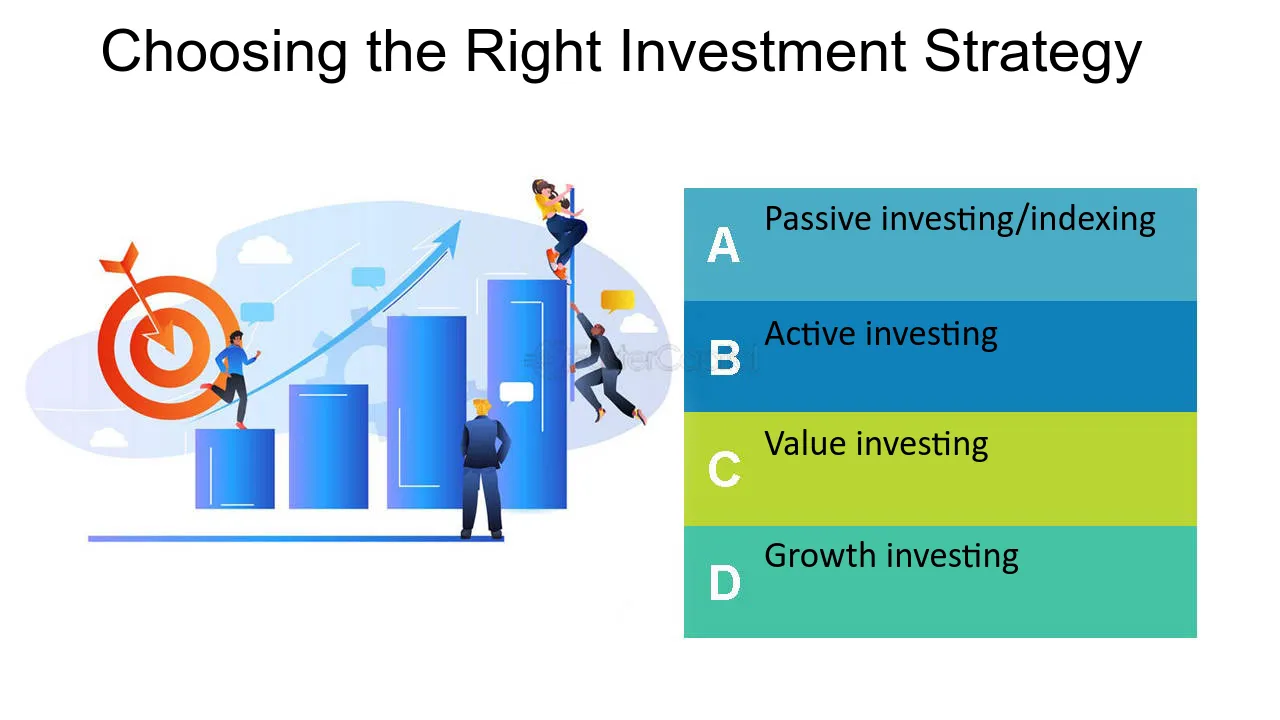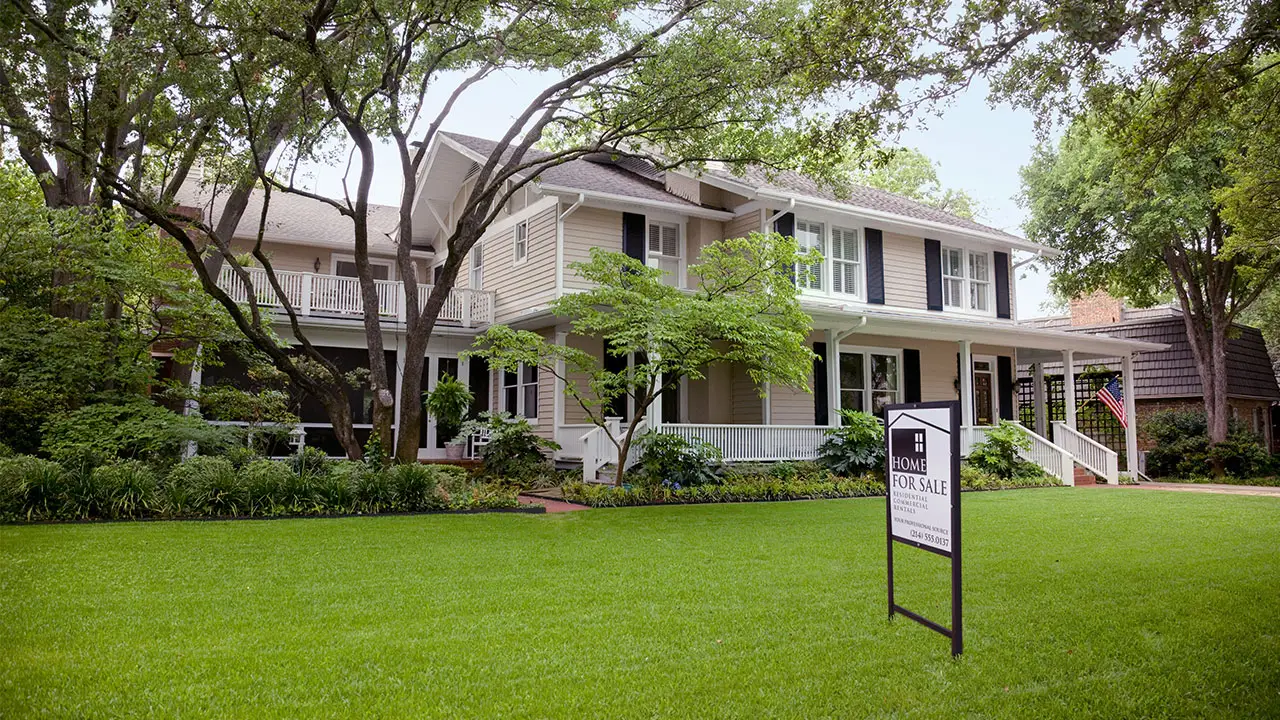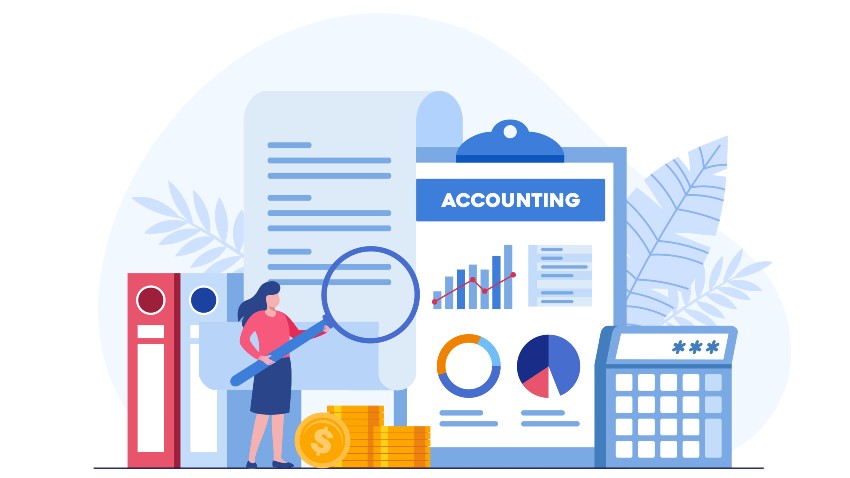Creating a monthly budget is a vital step toward achieving financial stability and reaching your goals. A well-structured budget helps you track income, manage expenses, and prioritize savings. Whether you’re new to budgeting or looking to improve your current plan, here are essential components to include in your monthly budget.
What Should I Include in My Monthly Budget?
1. Income
Your budget should start with an accurate record of your monthly income. This includes all sources of money, such as your salary, side hustles, rental income, and any other earnings.
Types of Income to Track
- Net salary after taxes
- Freelance or part-time earnings
- Rental or investment income
- Social security, pensions, or government benefits
2. Fixed Expenses
Fixed expenses are the bills and payments that remain the same each month. These costs are non-negotiable and must be accounted for in your budget.
Common Fixed Expenses
- Rent or mortgage payments
- Car payments
- Insurance premiums (health, car, life)
- Loan repayments (student loans, personal loans)
3. Variable Expenses
Variable expenses fluctuate from month to month and can be adjusted based on your spending habits. Keeping track of these costs is essential for maintaining balance in your budget.
Examples of Variable Expenses
- Utilities (electricity, water, gas)
- Groceries
- Transportation (fuel, public transport)
- Dining out, entertainment, and subscriptions
4. Savings
Building savings into your budget is crucial for long-term financial health. Prioritize your savings by setting aside a portion of your income for both short-term and long-term goals.
Types of Savings to Include
- Emergency fund (3-6 months of living expenses)
- Retirement savings (401(k), IRA, etc.)
- Short-term goals (vacations, big purchases)
- College or education funds
5. Debt Repayment
If you have outstanding debts, it’s important to allocate funds each month to pay them down. This includes credit cards, loans, or any other form of debt.
Strategies for Debt Repayment
- Pay more than the minimum on high-interest debts
- Use the snowball method (focus on small debts first)
- Allocate extra income toward debt reduction
6. Emergency Fund Contribution
An emergency fund is a financial safety net for unexpected expenses like medical bills or car repairs. Setting aside a portion of your income each month ensures you’re prepared for emergencies.
Tips for Building an Emergency Fund
- Aim to save at least 10% of your income for emergencies
- Start small and increase the amount as you reduce other expenses
- Use a high-yield savings account for faster growth
7. Personal and Discretionary Expenses
Personal expenses cover the fun and leisure activities you enjoy, as well as your hobbies and self-care needs. While these are non-essential, they play a role in your quality of life.
Examples of Personal Expenses
- Clothing and shopping
- Gym memberships or fitness classes
- Travel and vacations
- Entertainment (movies, concerts, subscriptions)
8. Sinking Funds for Future Expenses
A sinking fund is a budget category where you save for large, infrequent expenses. These expenses can be planned ahead of time, like holidays, car maintenance, or home repairs.
Common Sinking Funds
- Home improvement projects
- Car maintenance or repairs
- Holiday shopping or special events
- Property taxes or insurance premiums
9. Charitable Giving or Donations
If giving back is important to you, include charitable donations in your monthly budget. Set a specific amount each month that goes toward supporting causes you care about.
Tips for Charitable Giving
- Set a fixed percentage of your income for donations
- Choose causes or organizations you’re passionate about
- Track donations for tax deductions
Conclusion: Building a Comprehensive Monthly Budget
A well-rounded monthly budget includes all aspects of your financial life—from fixed expenses to savings and discretionary spending. By tracking your income, managing debt, and planning for future expenses, you can create a budget that helps you achieve both short-term and long-term financial goals. Make sure to review and adjust your budget regularly to stay on top of your finances.









